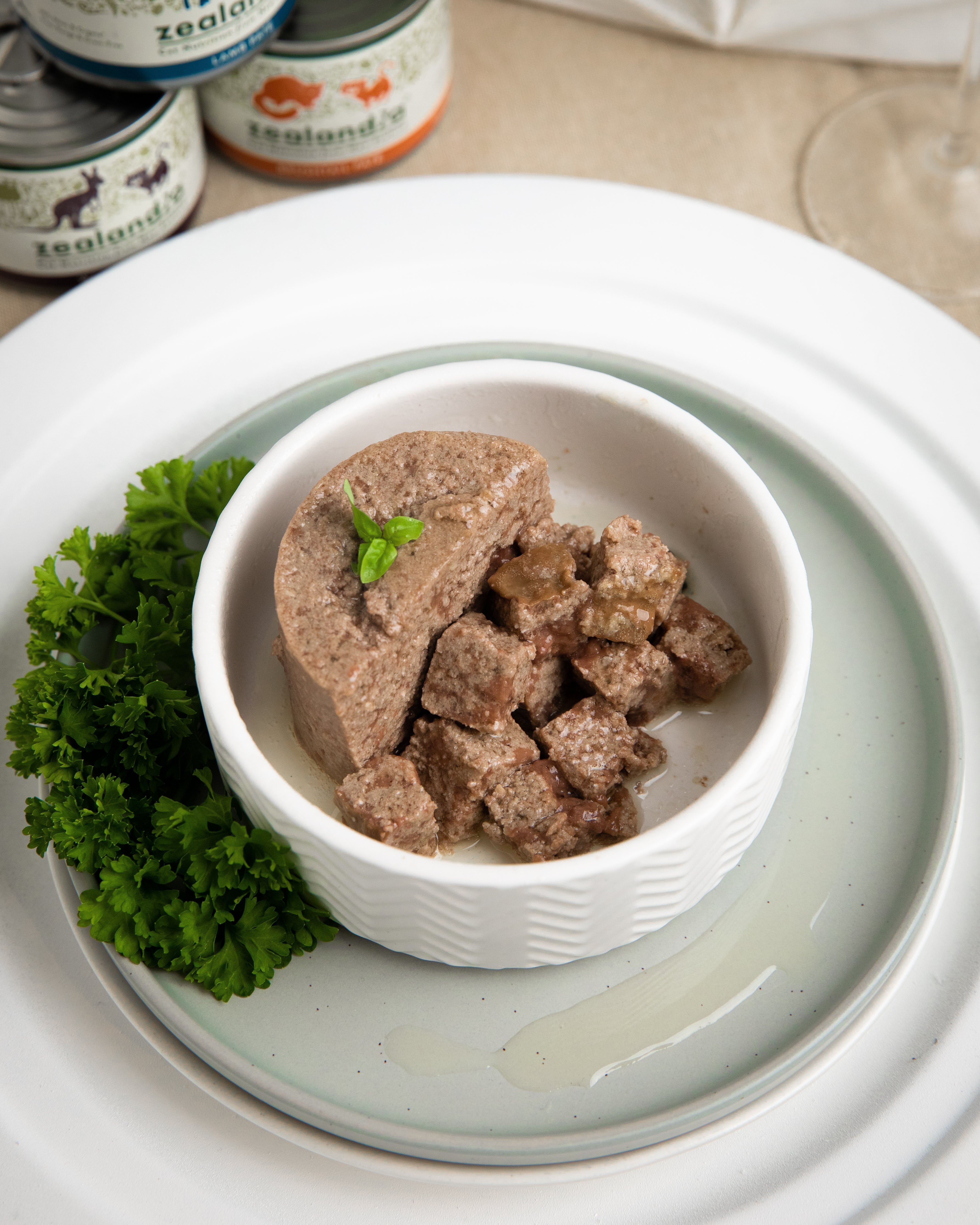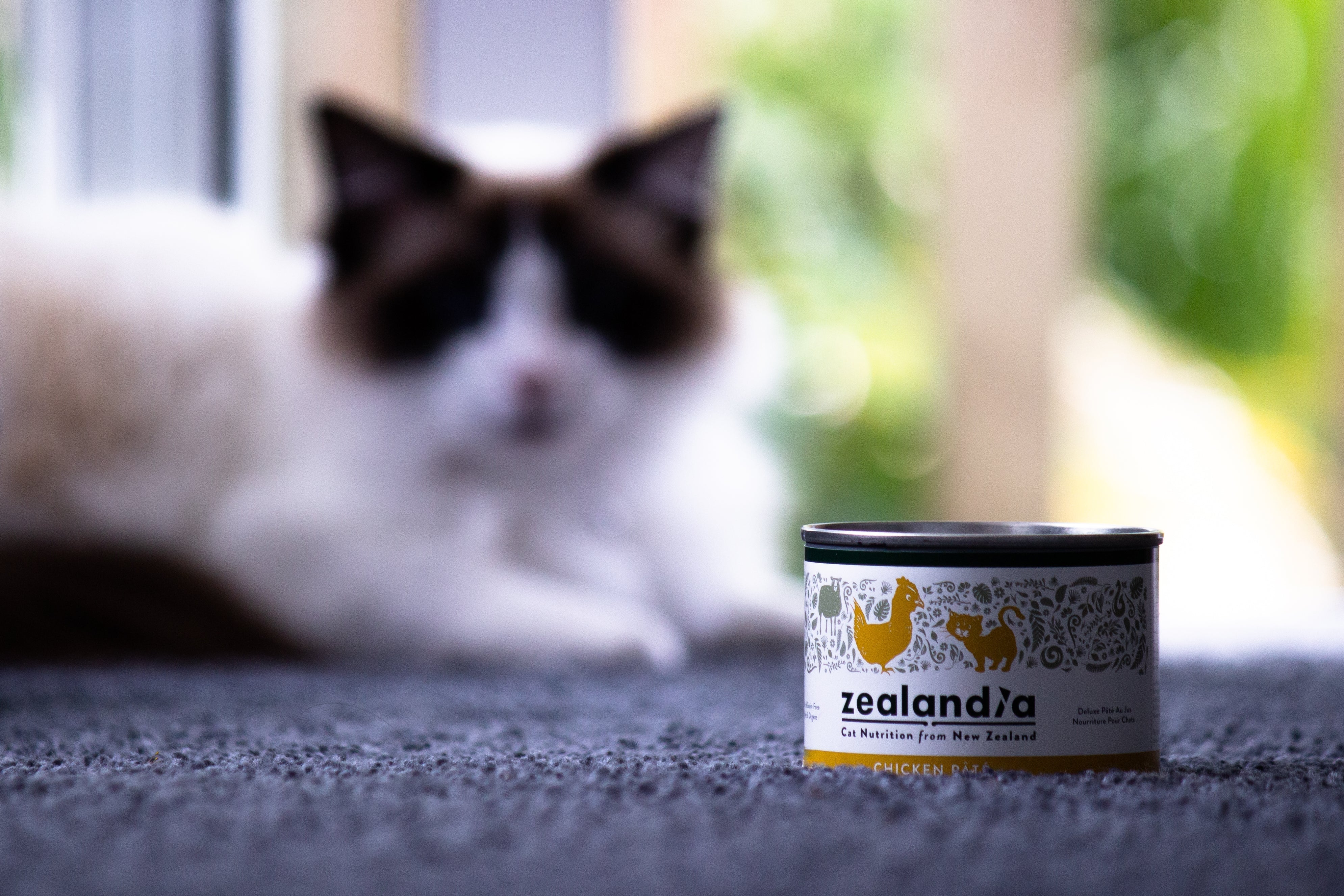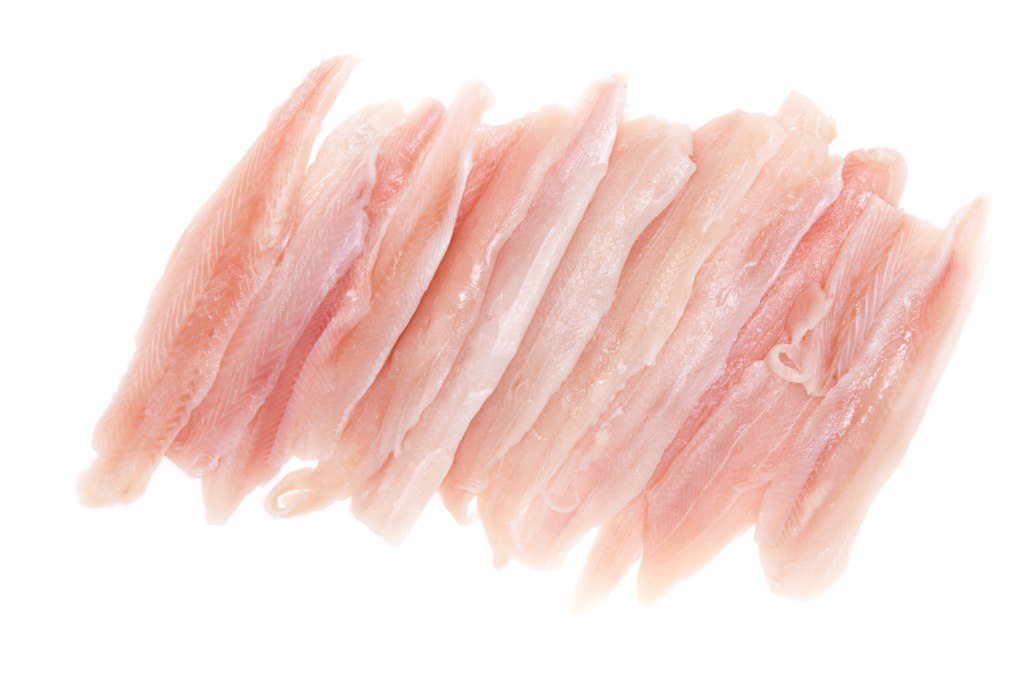Benefits of a High Protein Diet for Cats

Written by Dr. Sarah-Jane Molier BSc BVM&S MRCVS (United Kingdom)
Research by the University of Exeter has shown that feeding cats a high protein diet can reduce their hunting behaviour in the wild. The study found that feeding a high quality protein diet, where the protein came from meat sources, reduced the amount of prey brought home by a whopping 36%! The study also looked at the impact of play, and found that when cats engaged in 5-10 minutes of predatory play per day, the number of prey animals brought home reduced by 25%.
In light of this interesting research, let’s explore the benefits of a high protein diet for cats.
What is protein and why do cats need it?
Proteins are large, complex molecules which are made up of chains of amino acids- smaller molecules known as the ‘building blocks’ of protein. Proteins are essential macronutrients which have many essential roles in the body. In fact, proteins are required for the structure, function and control of all the body’s tissues and organs. They are the building blocks of body tissues and organs, as well as functioning as enzymes, antibodies and hormones.
Cats have very unique dietary needs. They differ from dogs in that they are obligate carnivores, meaning they need animal proteins in their diet. Cats rely on protein as their main energy source, meaning they need more protein in their diet than omnivores (such as dogs).
Cats cannot survive without a number of amino acids that are found only in meat: namely taurine, arginine, methionine and cysteine. Other animals, such as dogs (and people!), are able to adapt by using other amino acids found in plants. However, cats are not able to make these amino acids themselves, so they must have them in their diet.
Is higher protein food better for cats?
Higher protein diets more closely mimic a cat’s natural diet, which would consist of prey animals. Remember, protein is an essential energy source for cats. It is also important in the metabolism of glucose and fat. So, adequate dietary protein is essential for a cat’s overall health.
Protein plays an important role in many illnesses and medical conditions too.
- Weight management
Dietary protein has been shown to be important in weight loss, and importantly in maintaining that weight loss. Lean body mass burns more calories than fat tissue. Studies have shown that high protein diets during weight loss can not only aid weight loss, but also help to lose more weight as fat, while maintaining muscle mass.
- Urinary tract health
Cats are, unfortunately, prone to urinary issues. As the saying goes, prevention is better than cure! It is therefore sensible to provide a diet which supports a healthy urinary tract, especially in cats who have had urinary issues in the past.
Adequate protein in the diet can promote water intake and help to maintain a healthy urine pH, both of which are important for urinary tract health.
Ensuring cats drink enough can be tricky, since cats are renowned for not being great drinkers! Studies have shown that high protein diets in cats can increase both water intake and the volume of urine, thus promoting a healthy urinary tract.
High protein diets can help to keep the pH of the urine healthy, whereas high carbohydrate diets can cause the urine to be too alkaline.
- Diabetes
A high protein diet is recommended for cats with diabetes (although it’s important to note that you should never change your diabetic cat’s diet without speaking with your vet first).
High protein diets can help to stabilise blood glucose levels, improve metabolic rate and prevent muscle wastage. High protein in the diet can also help cats feel full quicker, meaning they are less likely to overeat. Naturally this helps with weight loss, and it is well known that obesity plays an important role in feline diabetes.
Studies have shown that it’s not just the amount of dietary protein that matters, but also the ratio of protein to carbohydrate. This ratio has been shown to affect both the gut microbiome and metabolism in cats. The bioavailability of the protein is also important, since this affects how easily the cat can digest and use the protein.
Is high protein bad for cats with kidney disease?
A change in diet forms an important part of treatment in cats with chronic kidney disease (CKD). Many studies have proven the benefit of a specially formulated kidney diet for cats with stage III - IV CKD, improving both quality and length of life. These diets contain reduced phosphorus, protein and sodium.
However, protein restriction in cats with CKD is a hot topic at the moment! Good quality, bioavailable (easily absorbed and used by the body) protein is still important, to make sure that cats aren’t losing muscle mass and are getting enough protein to meet their energy demands. There are now prescription (also known as therapeutic) diets available that are specially formulated for early kidney disease, which contain more protein than those formulated for the later stages of the disease.
The take home message here is that cats with CKD will need varying levels of protein, depending on the stage of disease, their general health and any other medical conditions they may have. The bioavailability of the protein is also important. Your vet is the best person to advise you on the most suitable diet for your cat’s unique needs.
Better for the environment!
This latest study shows that high protein diets may even be better for the environment! Both good quality, high meat-protein diets and regular predatory-style play reduced the amount of prey brought home significantly. Happy cats and happy wildlife!
How much protein does a cat need per day?
The European Pet Food Industry Federation (FEDIAF) sets recommended levels for key nutrients in pet food. For healthy adult cats, they recommend a minimum level of 25-33 g per 100g of dry matter (DM), so 25-33 % protein on a DM basis.
FEDIAF recommends slightly higher protein levels for other stages of life. For example, kittens have higher protein (and other nutrient) requirements to support growth, so FEDIAF recommends a minimum of 28g per 100g DM for growing kittens. Similarly, pregnant and nursing queens have higher protein requirements, with a recommended minimum of 30g per 100g DM. For this reason, it is usually advised to feed a kitten diet to a pregnant or nursing cat. As with any dietary change, you would need to introduce the kitten diet slowly over a couple of weeks, to avoid gastrointestinal upset.
Key points
The take home message? Cats are obligate carnivores with unique dietary requirements (they are not small dogs!). They have higher protein requirements than some other common pets, because they rely on protein as an energy source. They also need some specific amino acids in their diet, which can only be found in meat.
Studies have shown that high, good quality protein diets can benefit the gut microbiome, urinary health, aid weight loss, and improve satiety (feeling full). They may also benefit the environment, with less wildlife being preyed upon by our feline friends!



